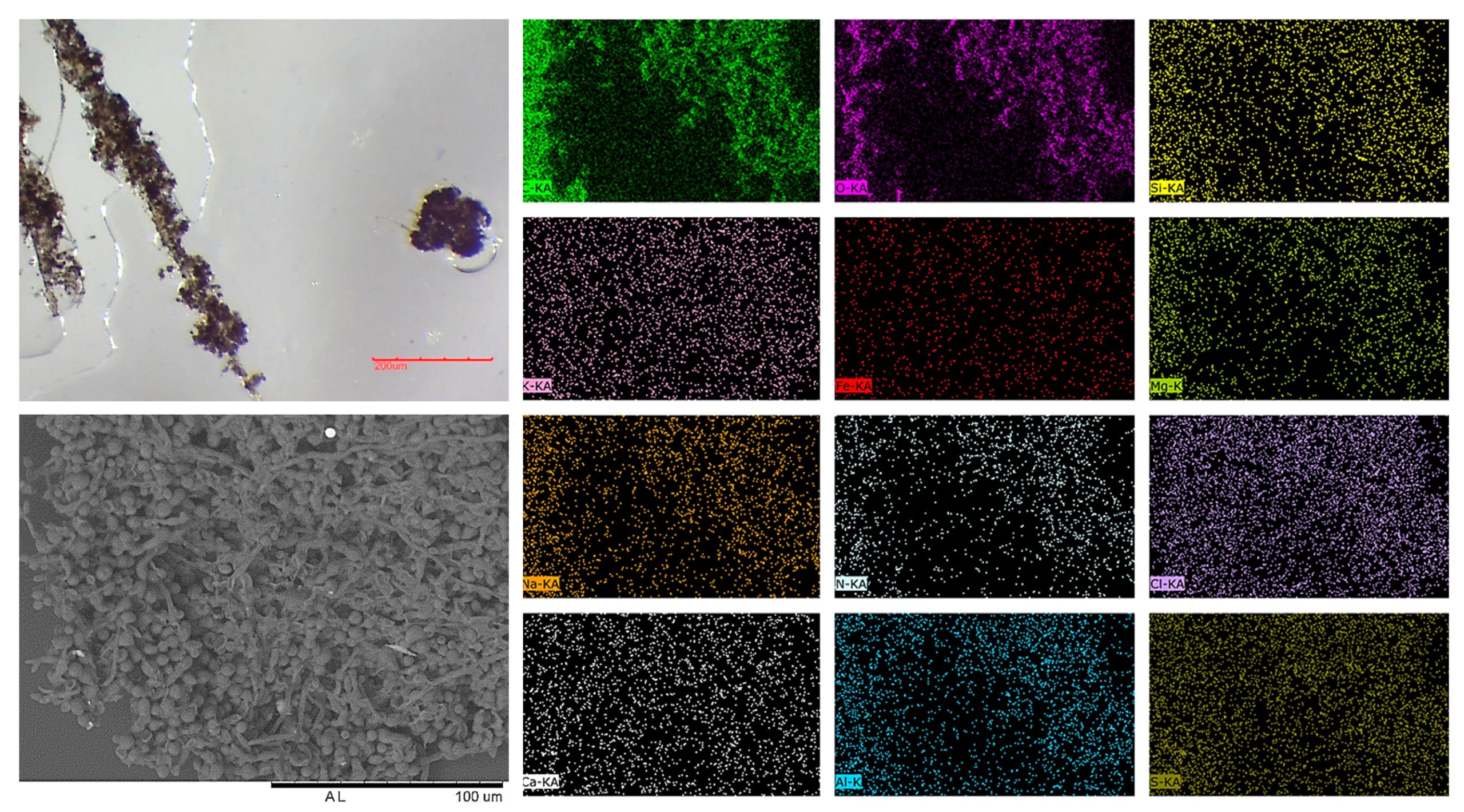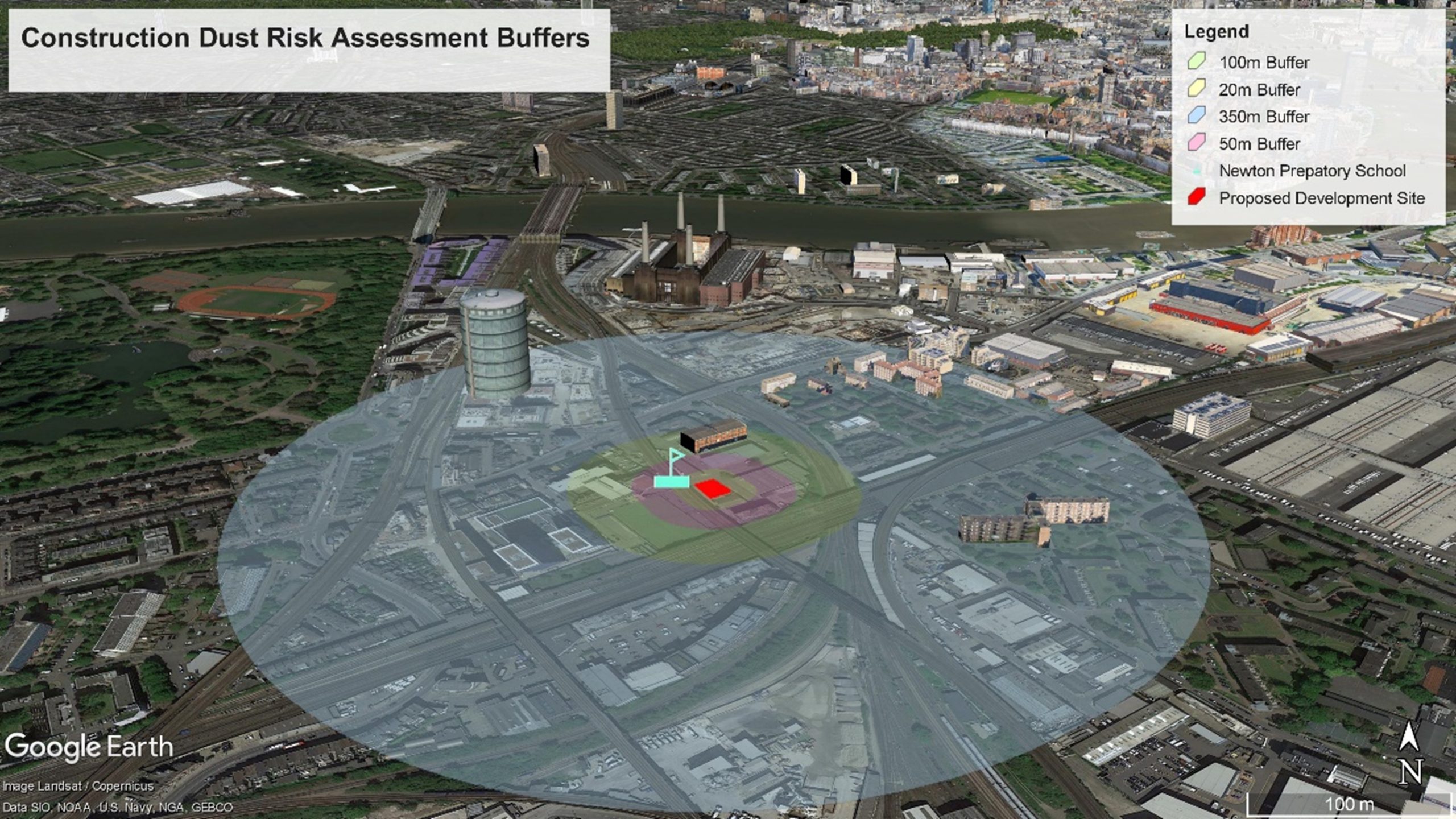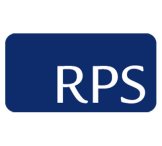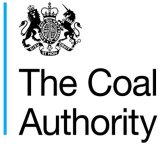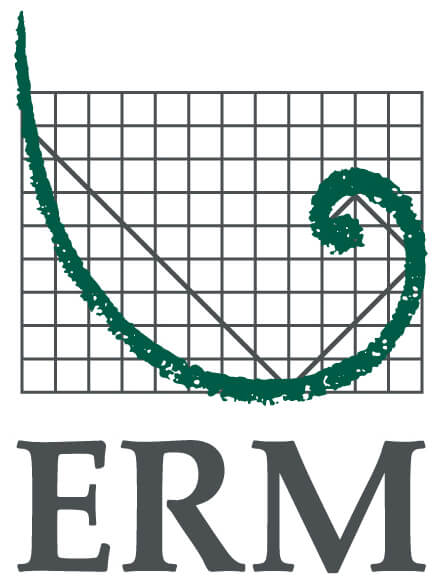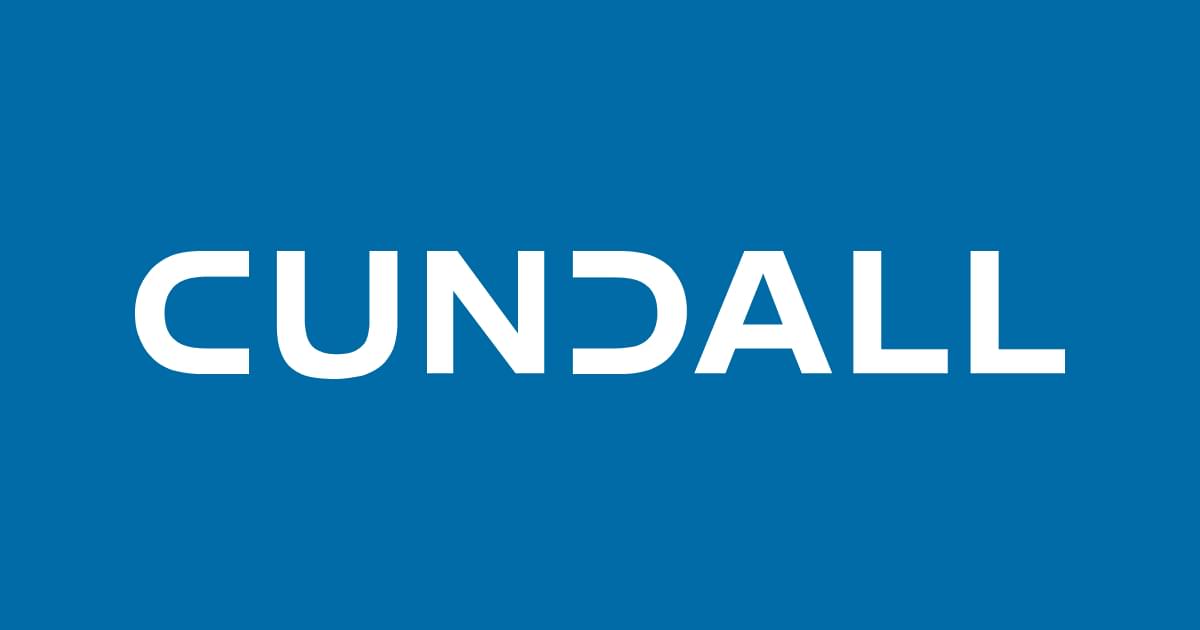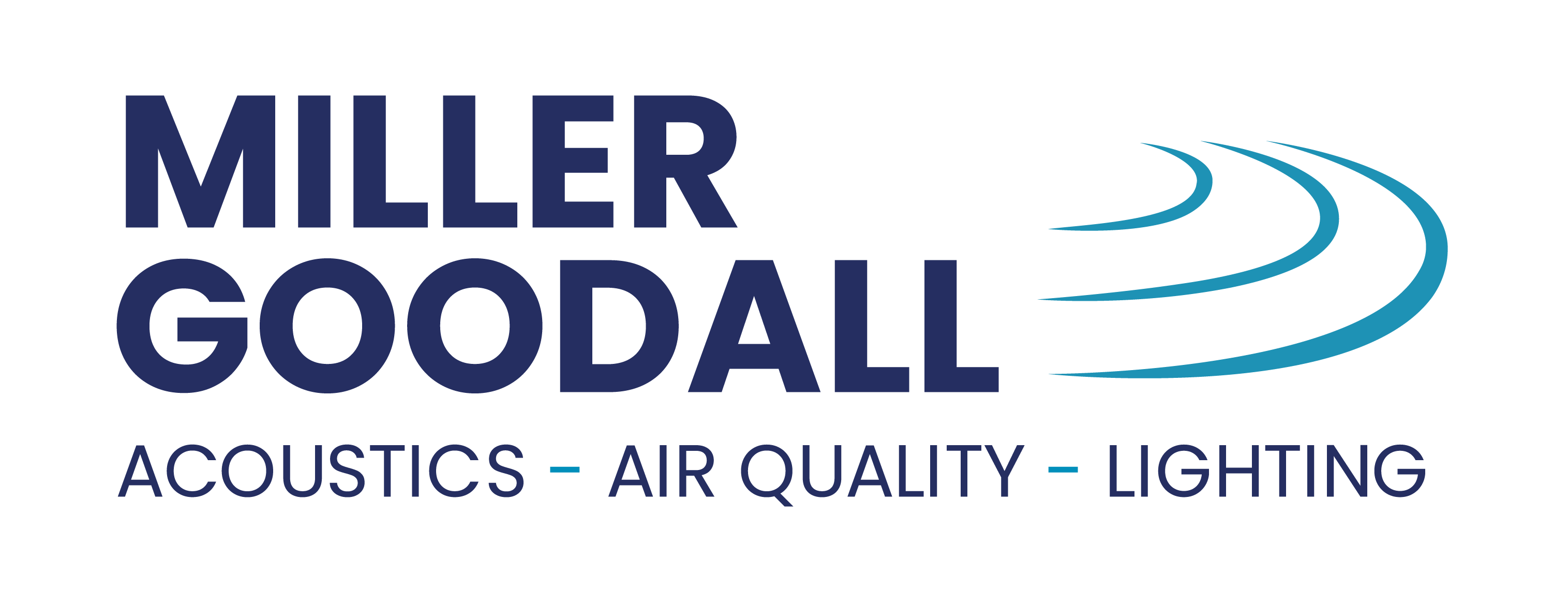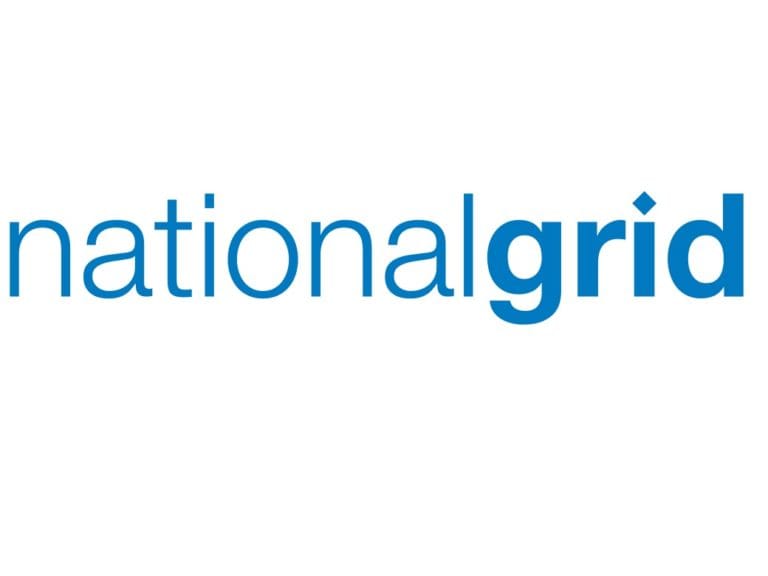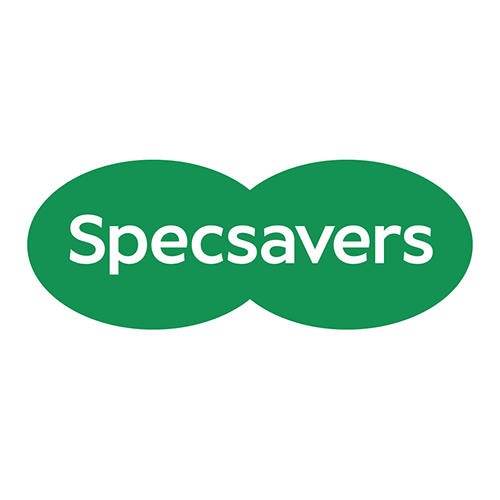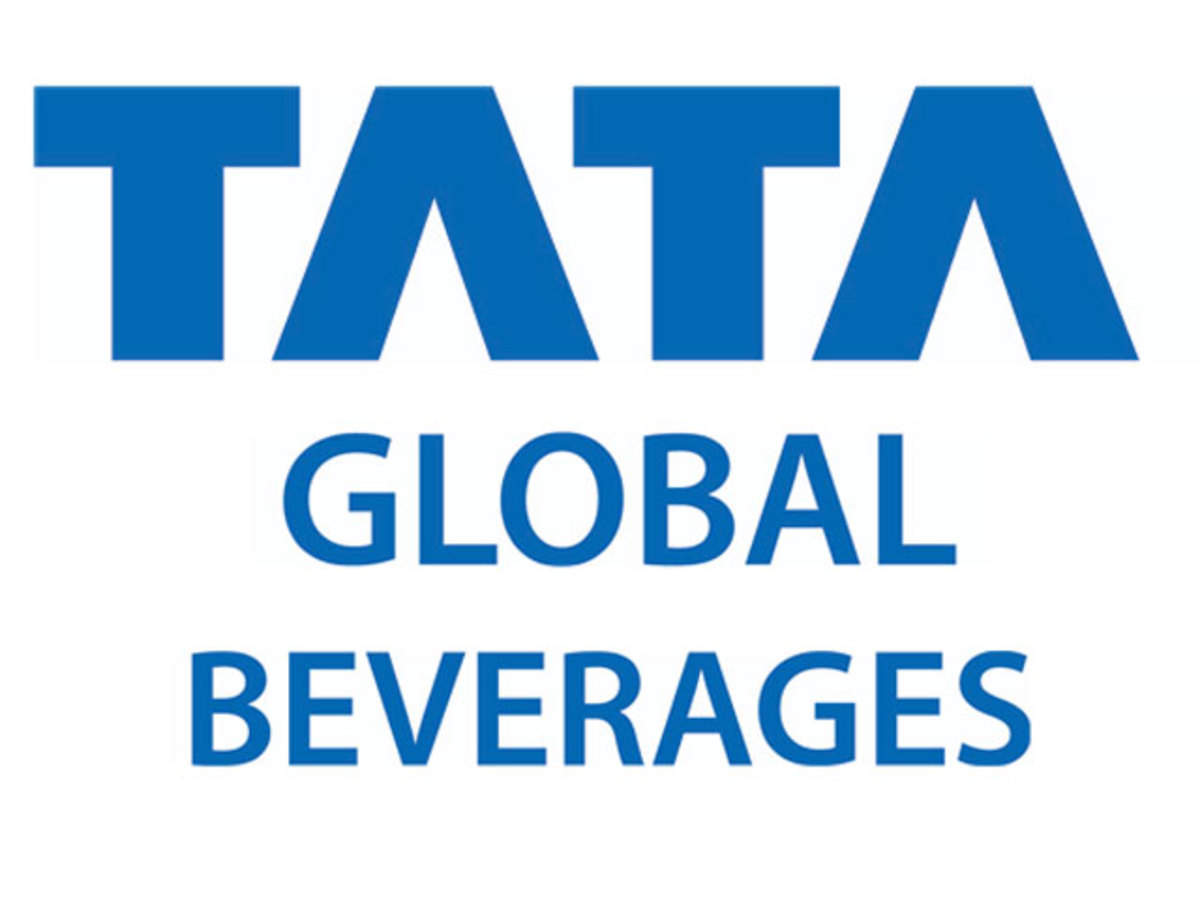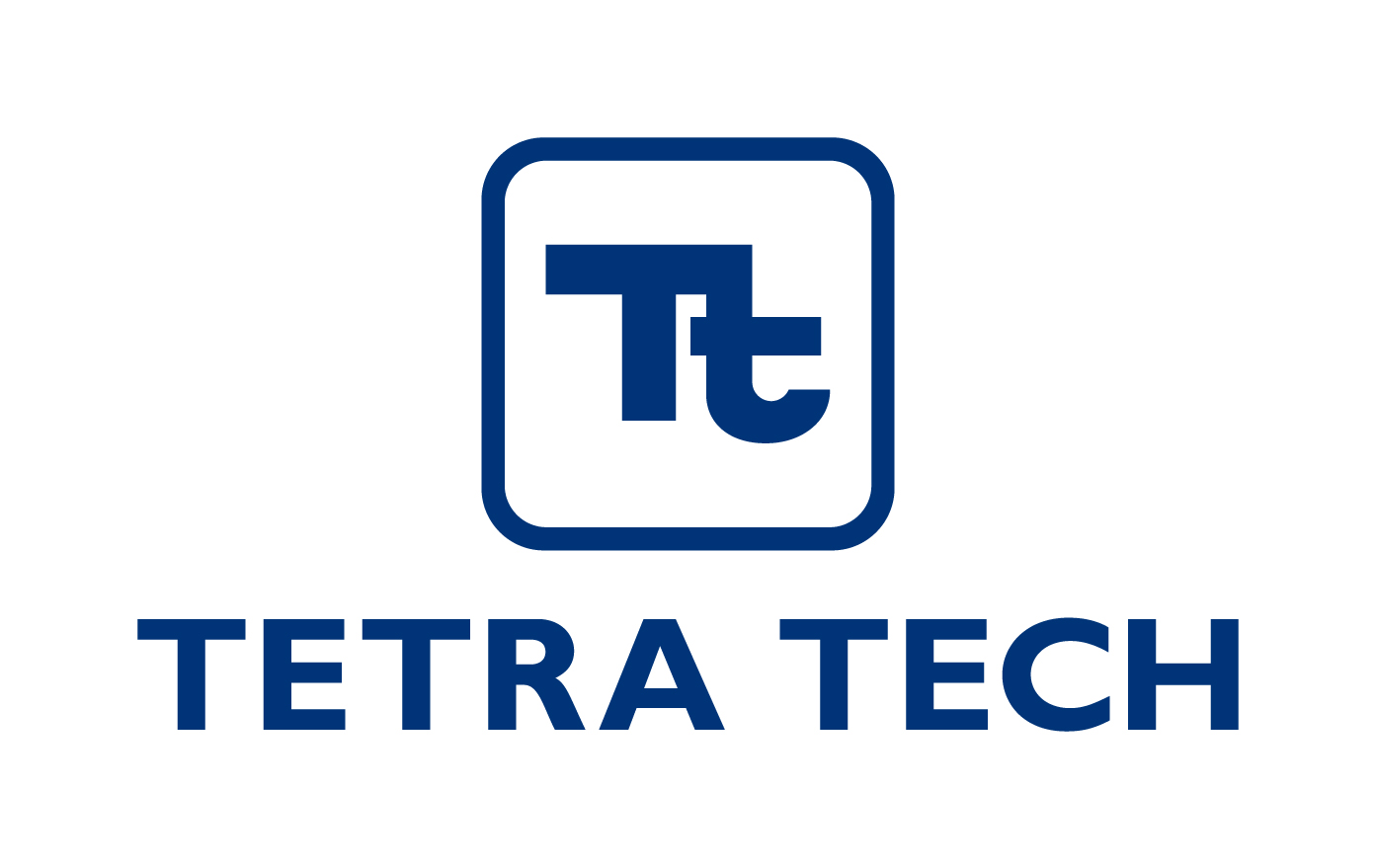Dust Characterisation and Dust Analysis
Dust characterisation and dust analysis are key services offered by DustScanAQ. We conduct detailed analysis using our bespoke computer-based scanning software, developed in-house, to monitor dust levels accurately from sticky pad samples. This advanced dust analysis method allows us to provide precise and actionable insights into dust characteristics and behaviour.
Dust Analysis
Our dust analysis process involves scanning dust monitoring samples into our software to determine both the Absolute Area Coverage (AAC) and Effective Area Coverage (EAC) for each sample.
- %AAC represents the coverage of visible dust, regardless of its colour. It is highly sensitive and capable of detecting even low levels of dust that may not be visible with other dust analysis methods.
- %EAC measures the darkness or greyscale discolouration of dust, indicating dust soiling. This measure increases with dust coverage and is typically higher for darker dust types like coal, and lower for light-coloured dust such as chalk.
In combination, we use these data points to develop a widely-recognised dust annoyance ‘risk assessment’ protocol, incorporating both dust coverage (%AAC) and dust soiling (%EAC). These dust analysis results can be used as Key Performance Indicators (KPIs) for assessing site performance.
Dust Analysis Method
For directional dust samples, we analyse each 15° segment to determine the dust’s origin. Increased ‘dust annoyance risk’ indicates areas where dust propagation may be problematic, helping to identify potential sources and monitor the movement of dust beyond the site boundaries. The results are presented as both tabular and graphical data, showing the direction of dust spread.
We also offer gravimetric dust analysis for DustDisc samples. This involves removing dust from sticky pads to measure the mass of collected dust over a specific period. This method is often used as a KPI for dust nuisance assessment on various sites. Additionally, gravimetric analysis is applied to ambient monitoring of particulate matter (PM10, PM4, PM2.5) using our DS500X filter-reference sampler. This data is provided as inferred 24-hour averages in µg/m³ (micrograms per cubic meter).
Gravimetric analysis can also be used for personal/occupational exposure monitoring, with data reported as 8-hour time-weighted averages (TWA) in mg/m³ (milligrams per cubic meter) to compare against occupational exposure limits (OELs) such as those specified in COSHH EH40.
Dust Characterisation
At DustScanAQ, we offer advanced dust characterisation services to determine the precise composition of dust particles. Our expert team uses in-house analytical equipment and trusted third-party laboratories to conduct thorough dust analysis and provide you with the most suitable methods for your specific needs.
Dust analysis methods frequently employed include:
- Optical Light Microscopy: Identification of dust particles based on visual properties and particle size/shape, viewed under high magnification and varying lighting conditions.
- Scanning Electron Microscopy Energy Dispersive X-Ray Spectrometry (SEM-EDXS): High-magnification analysis used to distinguish similar materials by their chemical composition.
- Inductively Coupled Plasma Optical Emissions Spectrometry (ICP-OES): Quantitative analysis for heavy metals, such as lead or arsenic.
- X-Ray Diffraction (XRD): Identifies minerals, such as crystalline silica (quartz) and calcite, within dust samples.
- Polarised Light and Dispersion Staining Microscopy: Asbestos screening analysis to determine the presence of asbestos within dust.
No single dust analysis method provides all answers, but DustScanAQ uses a tailored approach to select the best dust characterisation techniques for your requirements. Our team reviews your concerns and, based on the type of materials involved, recommends the most appropriate method for accurate dust characterisation.
We often begin with analysis of reference materials (uniform samples) before examining dust samples from specific locations or collected by our dust monitoring equipment. This helps us determine if the reference materials are present and the extent of their presence. Our extensive expertise allows us to identify many common materials in dust samples without the need for reference samples.

Andrew Green
(BSc, CSci, AFOH, MIEnvSc, MIAQM)
Principal Consultant
Discuss Your Dust Characterisation and Dust Analysis Needs with Our Principal Consultant
To discuss your specific dust characterisation and dust analysis requirements, please contact our Principal Consultant. We can arrange an initial call to fully understand your needs and advise you on the best course of action.
Call us at +44 (0)1608 810110 or email Andrew using the contact button below.
Case Studies
The business was formed in 2004

We are employee owned
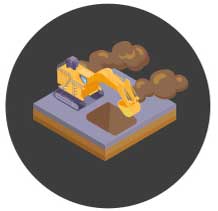
Over 145,000 samples analysed


